TEACHINGS TEACHINGS OF OF MASTER HSU YUN
Words: Victor Parachin
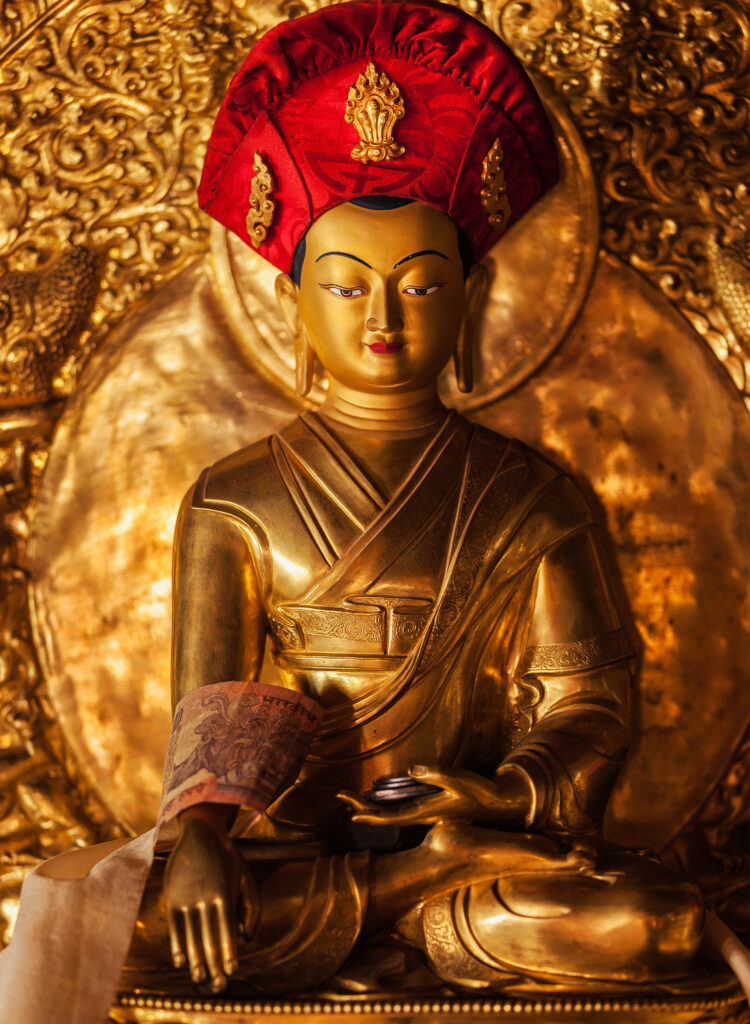
Be steadfast and patient. You’re not alone in your struggle.
In 1953, after years of civil war and political upheaval, China was entering an era of stability and experiencing economic growth, political unity and a transition from military rule to civilian rule. Hoping to become part of the new China, a Buddhist monk formed the Chinese Buddhist Association and with the support this new organisation petitioned the government to accept and abide by three resolutions:
- To immediately cease all further destruction
of monasteries and temples as well refraining
from the desecration of images and the
burning of texts; - To completely abandon all attempts to force monks and nuns to leave their monastic orders;
- To promptly return all monastery properties seized during the civil war along with arable acreage so that Buddhist centres could be self supporting.
Amazingly, that bold initiative was approved by the Chinese Communist government establishing a legal foundation ensuring the support and growth of Buddhism. The monk who formed and led the Chinese Buddhist Association was Hsu Yun believed to have been born on September 05, 1858. At the age of fourteen and in spite of parental disapproval, Hsu Yun declared his decision to become a Buddhist monk. He took the name Hsu Yun which means “empty cloud.”
Initially, he spent several decades living as a hermit to “purify” his mind but later began to travel widely and broadly seeking out teachings and teachers. He spent time in Tibet, India, Thailand, Vietnam, Ceylon, and Burma all the while continuing to clear his mind and strengthen his faith before returning to China where he taught tirelessly.
His major publication was Empty Cloud: The Autobiography of the Chinese Zen Master Hsu Yun, which contains not only his life story but many of his teachings. Through that writing, it’s evident that Hsu Yun offered wisdom which could be readily understood and easily applied. For example, he reminds people that judgments distort perceptions so he advises simply recognising and respecting that reality, He explains: “The small ego self also misperceives reality whenever it imposes arbitrary moral judgments upon it.” Hsu Yun provides this incident of how easily misperception takes place when judgment is introduced. “If one woman sees another woman who is wearing a green hat and says, ‘I see a woman who is wearing a green hat,’ there is no problem. But if she says, ‘I see a woman who is wearing an ugly green hat,’ she is making a judgment. Somebody else might find that hat beautiful. But in reality, it is neither beautiful nor ugly. It merely is.”
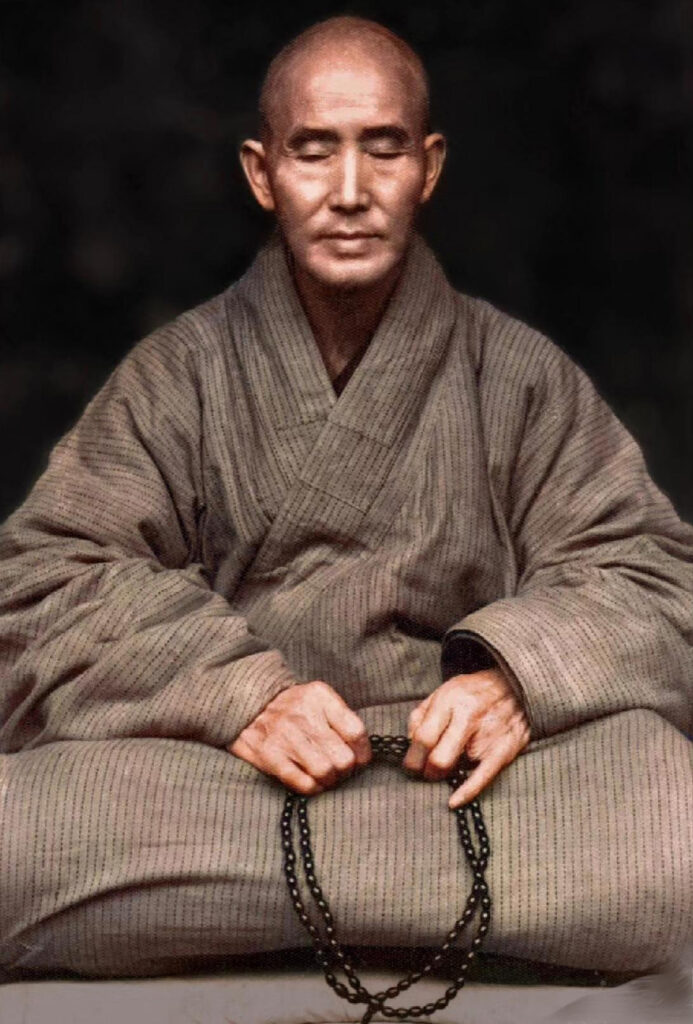
Another example of his pragmatic wisdom concerns giving, something he advises doing quietly and invisibly: “Perform a good deed in silence and anonymity! Forget about rejoicing. A good deed should have a very short life, and once dead, should be quickly buried. Let it rest in peace. Don’t keep trying to resuscitate it. Too often, we try to turn a good deed into a ghost that haunts people, that keeps reminding them of our wonderful service – just in case they start to forget.” But, on the other hand, when being the recipient of a good deed, it’s important to allow it to become a source of praise and a reminder of another’s person’s goodness and kindness: “What happens when we are the recipient of someone else’s kindness?” Hsu Yun asks and answers: “Well, then, we ought to let that good deed gain immortality. Letting someone else’s good deeds live is much more difficult than letting our own good deeds die.”
Along with teaching Buddhist basics, Hsu Yun consistently promoted meditation as a vital spiritual tool for developing life balance, insight, wisdom and eventually experiencing enlightenment or awakening. His approach to meditation was gentle and kind in vast contrast to the traditional Chinese approach which was harsh and unforgiving. At the time it was common in many Buddhist centres to designate a monk to observe meditators and, when they appeared to be drowsy or sleeping, to strike them hard on the back with a wooden paddle
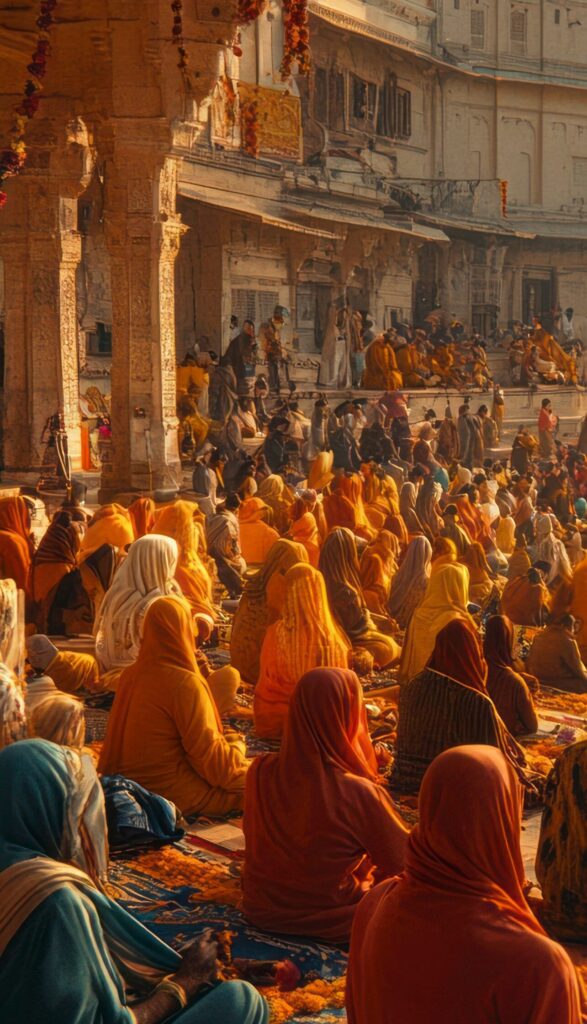
.
His objection to this approach is clear: “You know, in some styles of Chan, it is the custom to strike someone with a stick if he begins to show signs of sleepiness. Up and down the aisles patrols a fellow with a stick. No one is allowed to move or make any breathing noises or, heaven forbid!, to nod sleepily. The fellow with the stick will strike him! This is foolish and, in truth, violates the First Precept of nonviolence.” Hsu Yun strongly promotes understanding and compassion writing: “What shall we do when an elderly nun or priest begins to slumber in the Meditation Hall? Should we strike him with a stick? Are we confusing laziness with sleepiness? Perhaps the sleepy person has been up most of the night tending to the sick. Should we punish him if, in his exhaustion, he begins to drift into sleep? No. We should offer him some strong tea. If he wants to perk up, he drinks the tea. But if he takes a little catnap we should let him rest. Perhaps a person’s noisy breathing or restlessness is actually a symptom of illness. Should we punish the sick person and add to his discomfort? No. This is not the Zen way.”
Hsu Yun died on October 13, 1959, the age of 101. Sensing his time of transition was near, Hsu Yun instructed his successors to earnestly and vigorously apply themselves to the cultivation of precepts and seek out wisdom, in order to counteract greed, anger, and “stupidity”. In his honour, the Hsu Yun Temple in Hawaii is named after him. It was built by one of his disciples who was sent to the West by Hsu Yun and is considered said to be Hawaii’s first Chinese Buddhist Temple and possibly the first in the Western world.
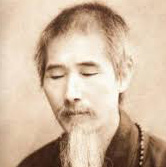
Victor M. Parachin, M. Div. (CYT) is an author, Vedic educator, yoga instructor, and Buddhist meditation teacher. He is the director of Tulsa Yoga Meditation Centre (USA). Victor researches and writes extensively about eastern spiritual philosophy and is the author of numerous books. His work is published regularly in YOGA Magazine. His book – ‘Think Like a Buddha: 108 Days of Mindfulness’ was published by Hohm Publishers and his latest book ‘Buddhist Wisdom for Beginners: An A-Z Guide’ is published by Sunstone Press. tulsayogameditationcenter.com
WORDS OF WISDOM FROM HSU YUN
- We cannot step into the same river twice for the water is constantly flowing. We, also, are not the same person from one minute to the next.
- In Zen our task is to discriminate – not between the false and the false, but between the false and the real.
- Ignorance of the truth is a disease. Now, as the Buddha taught, the Dharma is like a hospital that has many doors. We can open any one of them and enter into a place of cure. But we must have faith in our physicians and in the efficacy of the treatment.
- Discipline is the foundation upon which enlightenment rests. Discipline regulates our behaviour.
- How often, when we want something badly, do we promise that if we are given what we desire, we will dedicate our lives to demonstrate our gratitude? But then, once we receive what we so ardently sought, our pledge weakens and dies, almost automatically. We quickly bury it, without ceremony.
- There can be no spiritual progress without morality.
- If we seek liberation from the travails of this world, we must have a firm faith in the Buddha’s assurance that each living being on earth possesses wisdom and, therefore, has the potential of attaining Buddhahood.
- Steadiness becomes steadfastness and it is this which produces wisdom.
- A good teacher is indispensable.
- What prevents us from realising wisdom and attaining this Buddhahood? The answer is that we simply do not have faith in his assurances. We prefer to remain in ignorance of this truth, to accept the false as genuine, and to dedicate our lives to satisfying all our foolish cravings.
- If we have acquaintances whose company leads us easily into error, we should avoid contact with those acquaintances.
- Constant striving results in constant strife.
- It’s easy to become discouraged when we think we’re not making progress. We try and try but when enlightenment doesn’t come we want to give up the struggle. Perseverance is itself an accomplishment.
- Some people who cannot control their own minds strive instead to control the minds of others.
- We think that words are not deeds, that they have little power and a short life, that somehow words just evaporate with the breath that speaks them. But words do have power and they can live forever; and, furthermore, they can heal as well as harm.
- This is the destination of even the smallest deceit. Our reputations are like the label on a shipping box. Once we are known as liars and cheaters, we consign our intentions, no matter how innocent, to the place of doubt and mistrust.
- There are those who say, ‘An occasional drink won’t hurt anyone.’ But an occasional drinker is still a drinker. It is rather like the state of being “a little pregnant.” Either there is a pregnancy or there isn’t.
- We exert right effort when we discontinue bad habits and practices and develop good ones. This is easier to say than to do.
- People think the world intrudes on them. They do not understand that they are the gatekeepers of their own minds, that they can easily shut and lock the doors to their minds.




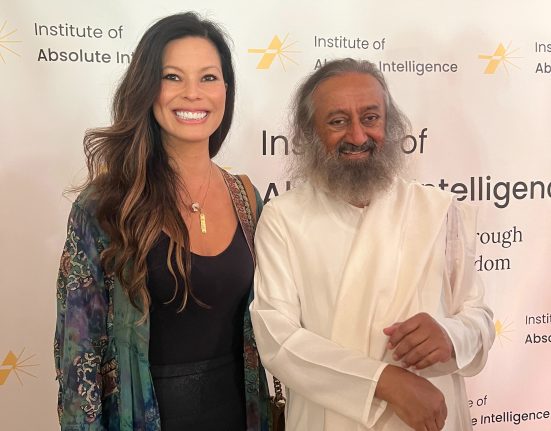

Leave feedback about this